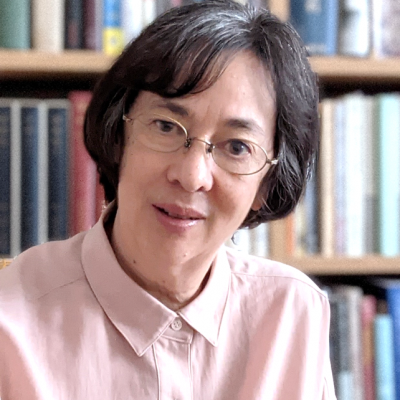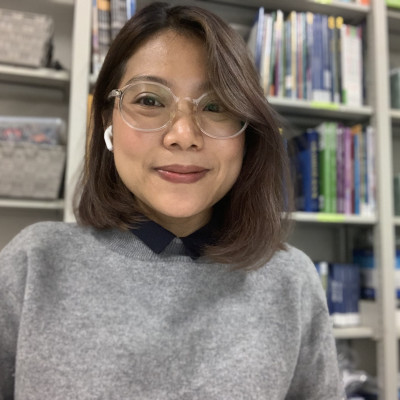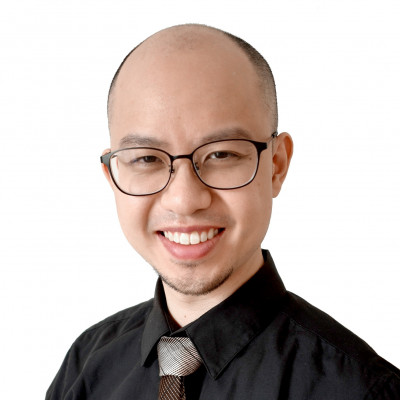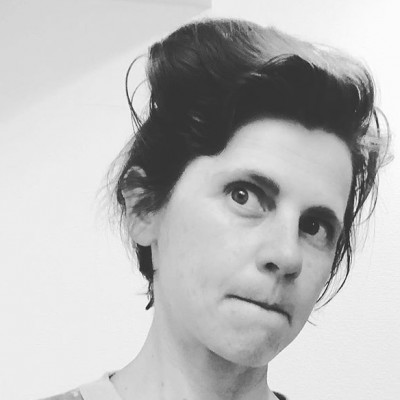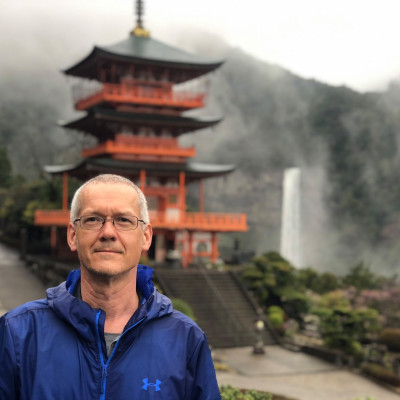Sessions / Mini-Series
Four Perspectives on Home: Seeking, Creating, and Sharing Our Safe Spaces #3129
In this session, four panelists will discuss what experiences and resources have helped them develop skills at creating and maintaining safe, welcoming, home-like spaces.
Jackson Koon Yat Lee: I will share my personal experience as a Hong Kong Canadian living in Japan and the ever-changing meaning of home throughout my life, as well as how the journey has led to my on-going engagements in DEI-related topics in professional and social lives in hopes to demonstrate solidarity and inclusion for others with blurred visions of home.
May Kyaw Oo: In my talk, I will discuss the fluidity of identities connected to the concept of displacement due to political unrest, and how existing in a liminal space impacts a person’s identity as a person, as an educator, and as a researcher. I will also discuss the importance of having an online community where one feels safe and respected when practicing self-disclosure and expressing opinions.
Jenny Morgan: I will share how my concepts of home and community have shifted throughout my life due to multiple layers of identity categories that have involuntarily worked to position me at times as an insider, and at others, an outsider. I will discuss how this forced positioning and fluid and flexible perspectives inform how I co-create with learners a sense of home in their classroom communities of practice.
Gerry Yokota: Most university students are at a transitional stage of life, many leaving home for the first time and/or uncertain where they are headed after graduation, and many English language educators are in similarly liminal positions. I will demonstrate how I use applied cognitive linguistics, especially attention to the power of metaphor, to facilitate classroom discussions about shifting experiences and perceptions of home and community, with reference to cultural expressions found in film, music and poetry by or about exiles and refugees.
Singled Out: Societal and Structural Barriers Facing Foreign Women in Japan Singled out 日本で働く外国人女性が直面する社会的・構造的な障壁 #3130
Ten years on from the 2012 Global Summit of Women in Tokyo event, where former PM Shinzo Abe proclaimed his commitment to promote “a society where women can shine,” Japan’s ranking in the WEF’s annual Gender Gap Report has tracked a drop from 101st place (2012) to its current 120th ranking (2021) out of 156 countries. News coverage and academic circles continue to debate the uneven progress that is being made for Japanese women in contemporary Japanese society, but there is little attention paid to the lived experiences of foreign women who have made the decision to make Japan their home. In this roundtable, four female, long-term residents of Japan, discuss the social and structural barriers that obstruct their efforts to live in, and contribute to, their adopted country. First, Kristie Collins presents how conceptions of Japan as ‘home’ have shifted for some single foreign women over the pandemic, and how this may influence their personal and professional futures. Next, Herb Fondevilla shares her experience as an academic in a profession that favors and is dominated by white males compounded with issues related to native-speakerism and racial stereotypes. After that, Tanja McCandie discusses her experience navigating the academic system, embedded with gender barriers that affect females, but even more so for mothers and other primary caregivers. Finally, Antonija Cavcic explores the issues faced by married binational LGBT couples whose legal and legitimate marriages abroad are not recognised by Japanese law. The session will conclude with Q&A discussion to address all these groups and more who call Japan home, but remain “singled out”.
安倍晋三元首相が「女性が輝く社会」の推進を宣言した2012年の「グローバル・サミット・オブ・ウーマン in Tokyo」イベントから10年、WEFが毎年発表する「ジェンダー・ギャップ報告書」における日本の順位は、156カ国中101位(2012年)から現在の120位(2021年)へと下落を辿っている。現代の日本社会で日本人女性がどのような状況に置かれているかについては、報道や学術界で議論が続いていますが、日本を故郷とする決断をした外国人女性の生活体験については、あまり関心が持たれていないようです。このラウンドテーブルでは、日本に長期滞在している4人の女性が、自分たちの国で生活し、貢献しようとする努力を阻む社会的・構造的な障害について議論します。まず、クリスティ・コリンズは、パンデミックによって、日本が「故郷」であるという概念が、独身外国人女性にとってどのように変化したか、また、このことが彼女たちの個人的・職業的将来にどのような影響を及ぼす可能性があるかを説明します。次に、ハーブ・フォンデヴィーラは、白人男性が支配的で、ネイティブスピーカーや人種的ステレオタイプに関連する問題が複合的に存在する職業における学者としての経験について語ります。その後、タンヤ・マッキャンディが、女性、特に母親や他の主要な介護者に影響を与えるジェンダーの障壁が組み込まれた学問体系をナビゲートする経験について説明します。最後に、アントニア・カブシクは、海外で合法的に結婚した二国間のLGBTカップルが、日本の法律で認められていないために直面している問題を探ります。セッションの最後には、日本を故郷としながらも「排除されたまま」であるこれらのグループやその他の人々について、質疑応答が行われる予定です。
A Passion for Japan: The Long Journey to Calling Japan Home #3153
For foreign residents of Japan, when and why do we make the transition from just saying we live in Japan to calling this country “home”? According to Lysgaard’s model (Lysgaard, 1955), expatriates go through four stages of culture shock: honeymoon, frustration, adjustment, and acceptance. It would be an oversimplification, however, to assign specific time frames to each stage or assume that everyone advances to the acceptance stage. Progression through these stages has numerous variables, including language proficiency, home country (e.g., low context or high context culture), and, perhaps most importantly, finding an ikigai in the new country.
Ikigai (生き甲斐) is roughly translated as “a reason for being,” or more simply, “why we get up in the morning.” In this panel discussion, the presenters will share how a passion for a particular aspect of Japanese culture helped them not only to reach the acceptance stage, but also to feel accepted by their hosts. These respective passions include how:
● rooting for the local baseball team led to being involved with the Japanese sports media ● a fascination with Japanese matsuri (festivals) led to being granted behind-the-scenes access to one of Japan’s biggest festivals ● an interest in Japanese literature led to documenting discrimination against Hansen’s disease patients in Japan
Individual presentations will be followed by an open discussion on finding your ikigai and making Japan (or any foreign country) feel like home.
